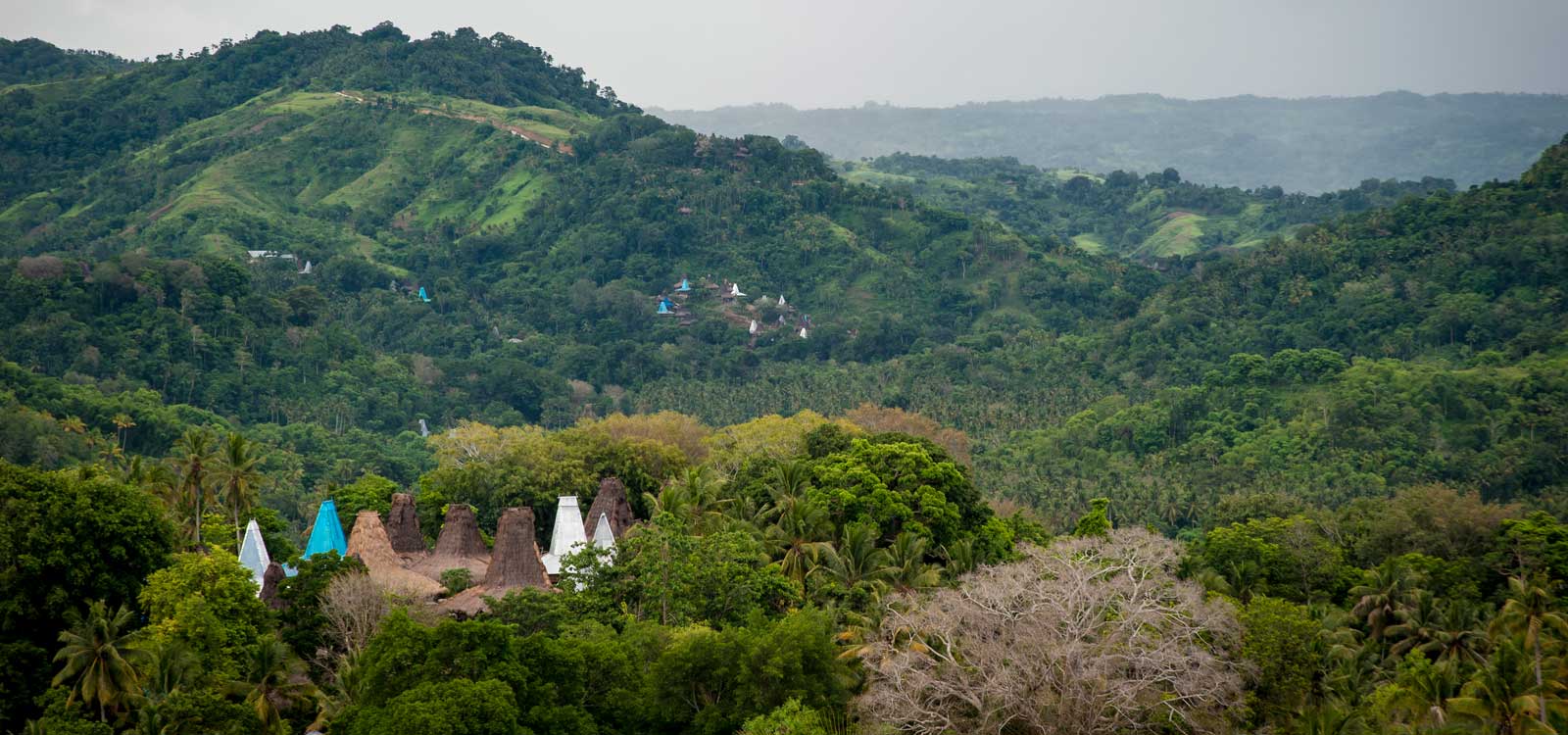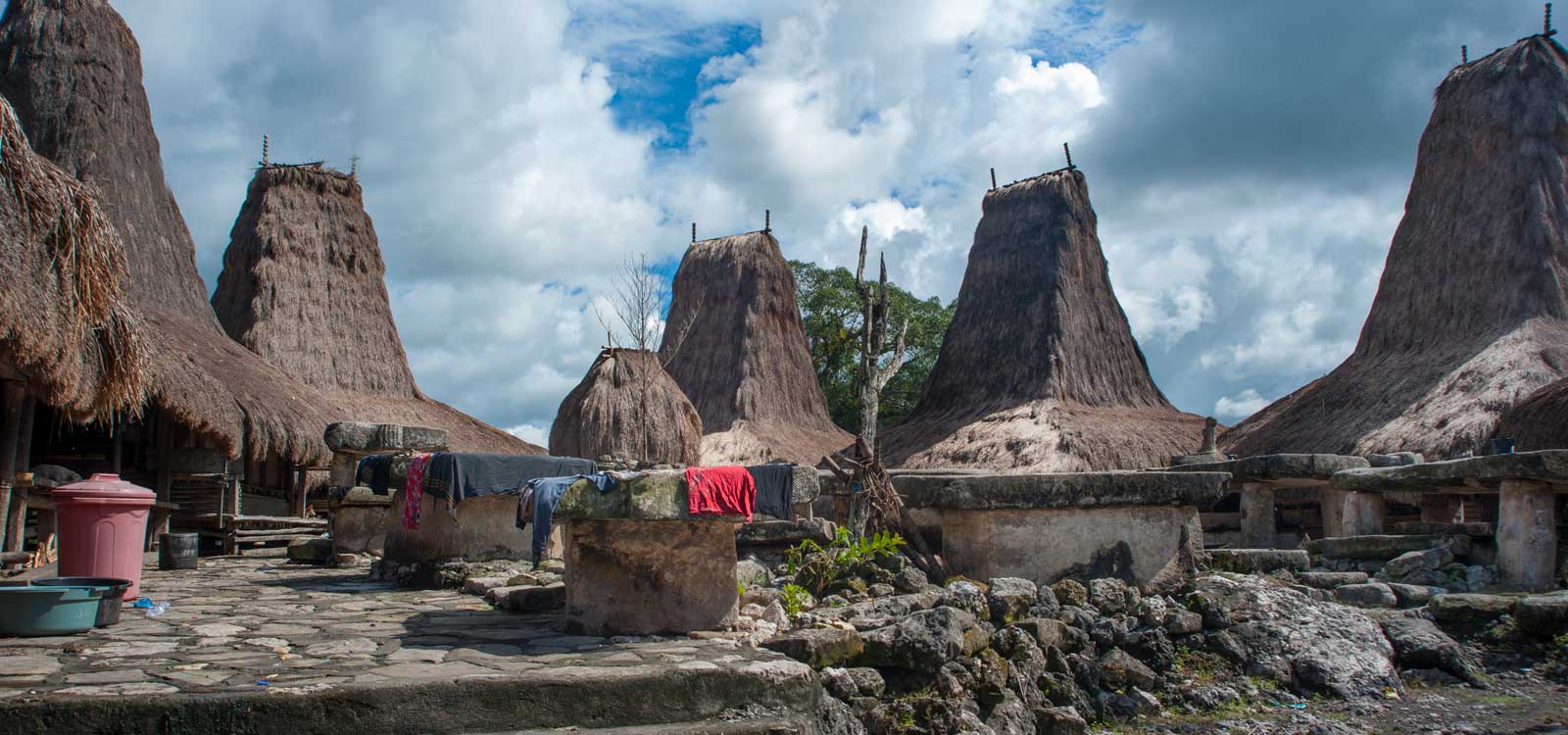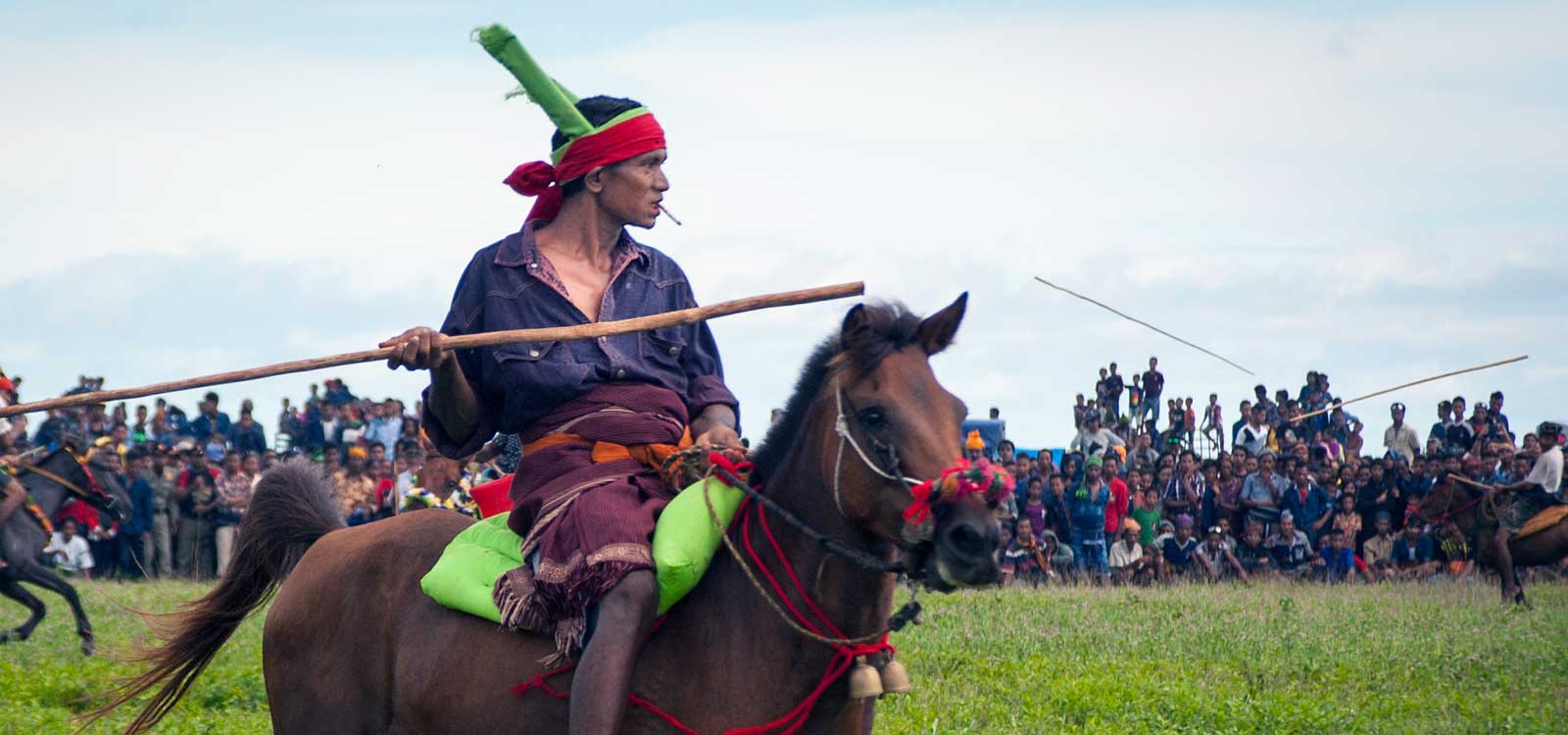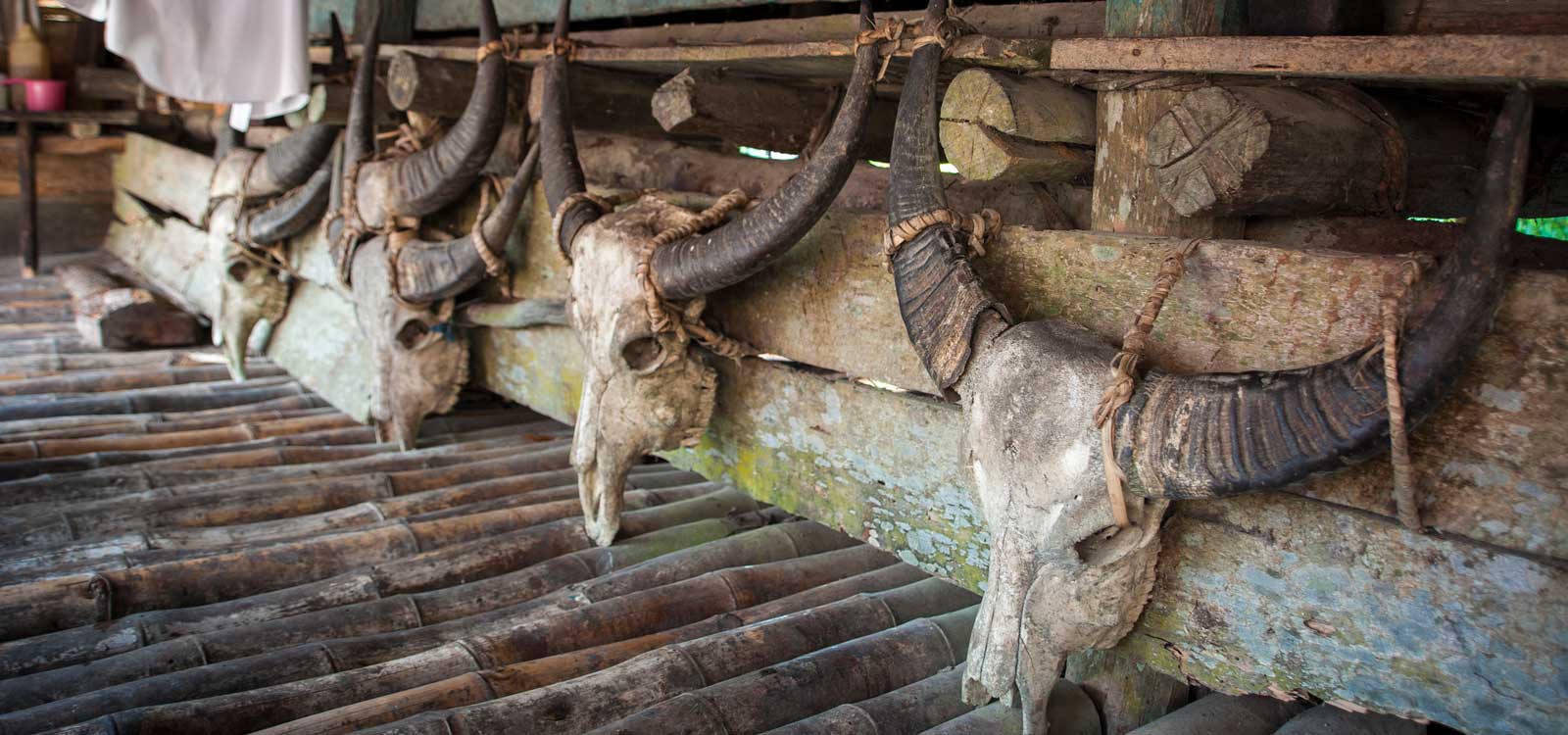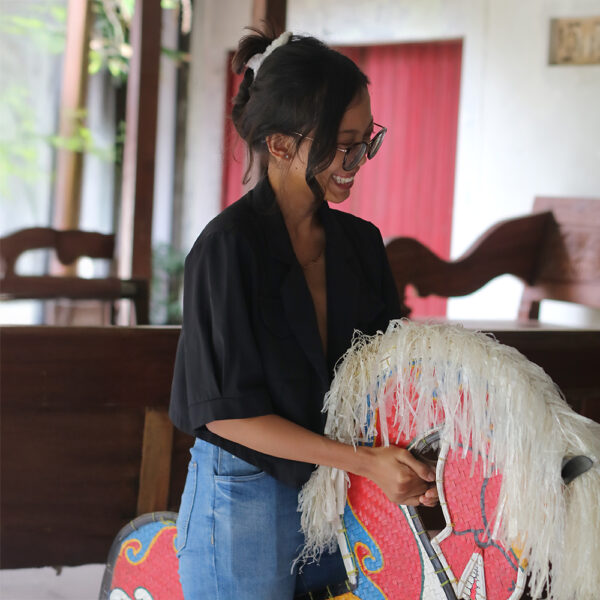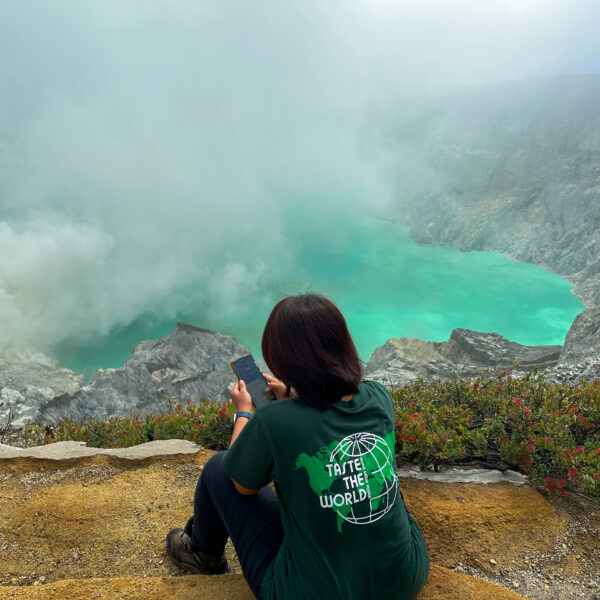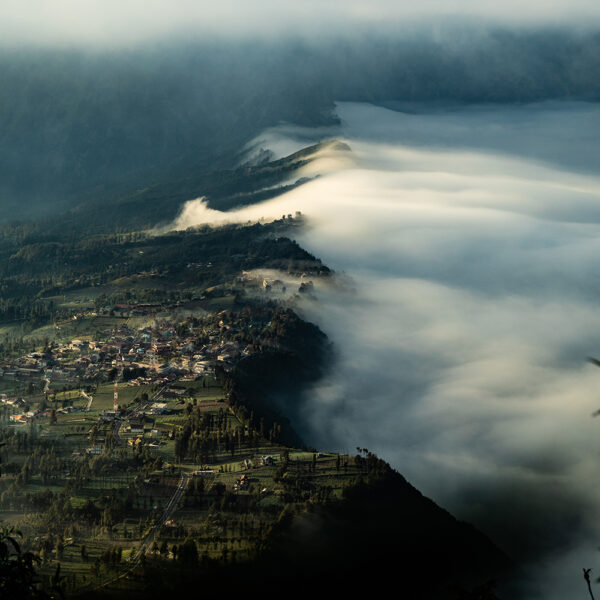Day 1
Flight from Bali to West Sumba, Tambolaka. Transfer by car to Waikabubak (1hour). Inside this sleeping city, you can find traditional settlements on top of the hills.
We walk to Kampung Tarung, a village of traditional high roof houses surrounding impressive graves and offering tables.
Spend the night in a simple family hotel in the center of town.
Day 2
By car we travel towards the south coast. We walk a couple of hours through hilly terrain from village to village. Depending on your strength we can adjust the length of the walk from 2 to 6 hours. We end the day at one of the most pretty beaches of Sumba, Marosi.
One more night in Waikabubak.
Day 3
By car we drive about 2 hours to the southwest part of Sumba. In the Kodi district, we visit some villages with roofs reaching high out in the sky. We take lunch in a friendly homestay in Pero before we drive on for a swim in Waikuri, an astonishing gorgeous salt-water lake.
We spend the night in a small resort at an idyllic beach, on the north coast.
Day 4
Relax and enjoy the beach. Possible to visit the local museum.
Day 5
At around 9 am; transfer to the airport for the flight to Bali.
Book 2 days in advance.
